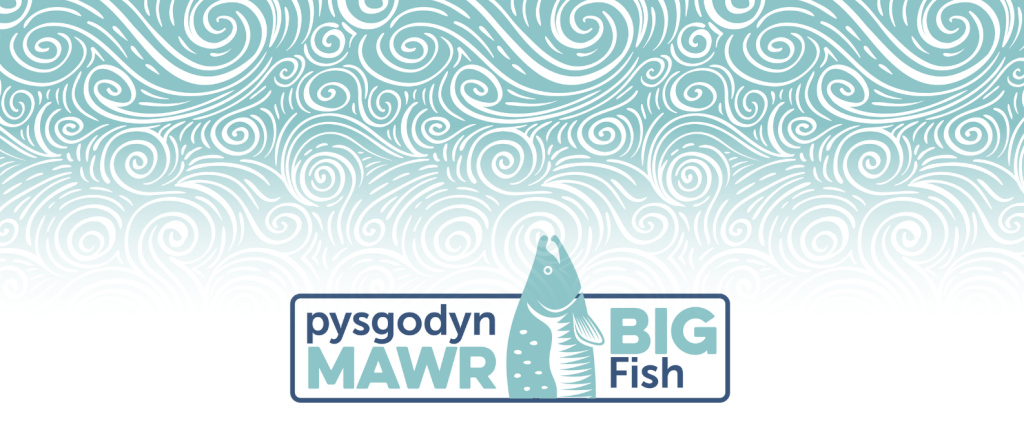
Thank you for visiting our exhibition!
Also thank you for wanting to learn more. On this page we aim to give you a little more information than we were able to fit into the exhibition. We have asked those who are putting on river related events to let us know, so we can update you in the ‘events’ section below.
The issues our rivers face
There is no one causative factor for why our rivers’ health has been declining, as our exhibition aims to explain. It includes us as consumers, the way modern agricultural practices have developed and also our limited sewage infrastructure. No one of course sets out to deliberately hurt our rivers, it’s just a problem that has evolved over time. Now everyone is in agreement that we want to work out ways of doing things differently so we can start to help things get better.
Like climate change and other issues facing the modern world, most scientists agree we should act quickly. As Simon Evans from the Wye and Usk Foundation puts it, we are at a “crucial moment in the life or death of the Wye”.
One of the biggest causes of problems in both rivers are the high levels of phosphates that are now found in the river. These cause algal blooms which starve the fish, plants & invertebrates of oxygen. In recent years, these algal blooms grow larger and becoming more frequent. In 2020, a thick algal bloom extended for over 140 miles of the river Wye. “Phosphate limits are already being exceeded at 31 points in the river catchment, with further failures likely in the future.” (River Wye Nutrient Management Plan – Phosphate Action Plan, 2021)
This can lead to a collapse of the whole ‘web of life’ in the river. So if all our fish go, it could well follow that so do our kingfishers, dippers and herons.
There are multiple sources of phosphates. Phosphate is an important nutrient for growing food. We are used to buying food at the prices we buy, but to do this, we need the food to grow quickly. However, when too much of this nutrient enters the river it causes algae and plants which adversely affect the quality of the water to grow, as well as damaging the local ecology.
Phosphates also are caused by us. All sewage contains Phosphorous, up to 17mg/litre, as a result of the high Phosphate content of most detergents and cleaning products. Only about 40% can be treated by water companies so the levels still remain too high for sensitive waters. The good news is that we can change this by changing the detergents and chemicals we use.
Did you know that not only in the chemicals we use in our household which get poured down our loos or through our pipes, but also in our poo. Humans excrete some 3.3 million tons of phosphorus annually!
Does that mean we need to stop using phosphorus? The answer is no. New technologies are emerging which will help us to reduce its use and more eco-friendly cleaning products are now on the market. It is encouraging that all our now understanding this is becoming a critical issue. It is also great news to hear about us, as consumers, the government, charities, the agricultural industry and water authorities are all coming together to find new technologies and solutions.
As you’ll have seen from the vision people have stated for the future in our videos, there are ways in which salmon and other fish can return to our rivers in the numbers we’ve seen in the past.
For more information here are some useful resources and case studies:
About Afonydd Cymru | Afonydd Cymru
The Wye and Usk Foundation (wyeuskfoundation.org)
Natural Resources Wales / River water quality: our responses to your questions
Usk Community Project | Dŵr Cymru Welsh Water (dwrcymru.com)
Sustainability: growing a greener future. — Avara Foods
The-State-of-the-River-UskFinal.pdf (wildtrout.org)
https://friendsoftheriverwye.org.uk/
Usk Catchment Partnership – Dyfodol y Bannau
Home – Wye Catchment Partnership
Become a citizen scientist!
Many organisations are looking for help to test how alive our rivers are. Volunteer with the following organisations:
https://friendsoftheriverwye.org.uk/
The Wye and Usk Foundation (wyeuskfoundation.org)
Water Quality Monitoring Citizen Scientist Volunteer – River Usk | Gwent Wildlife Trust
Citizen Science Groups | The Wye and Usk Foundation (wyeuskfoundation.org)
friendsofcastlemeadows | Castle Meadows, Abergavenny (wordpress.com)
Get involved | Gwent Wildlife Trust
These groups often hold events. Keep an eye out for their social media links to get up to date details of citizen science days, walks and talks.
This post is also available in: Welsh
